Recently, some members of Congress have urged the HHS Secretary to misuse Section 1498(a) of the U.S. Code to effectively legalize patent theft, all in a bid to reduce drug prices. And in March, the Department of Justice put forward an expansive interpretation of the government’s patent infringement authority by filing a letter of interest in a lawsuit between two private companies and suggesting that the government could invoke Section 1498(a) to authorize patent infringement by federal contractors.
Section 1498(a) is a more-than-century-old statute, which has always been understood as allowing the government to infringe on patents and mass-manufacture the resulting products — such as helmets during wartime — in extraordinary circumstances, so long as the government provides “reasonable and entire compensation” to the patent holder.
Misinterpreting it to allow de facto IP theft sanctioned by the U.S. government would upend American research and development efforts across all economic sectors.
This webinar, hosted by the Council for Innovation Promotion, clarified the history and purpose of Section 1498(a) and explained why misinterpreting it would decimate American innovation.
Read the full transcript of the video webinar here.
Speakers
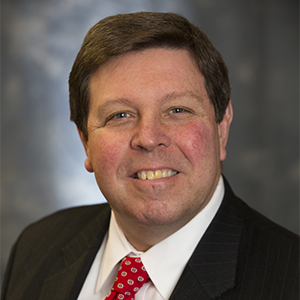 Frank Cullen (Moderator)
Frank Cullen (Moderator)
Frank Cullen is executive director of the Council for Innovation Promotion.
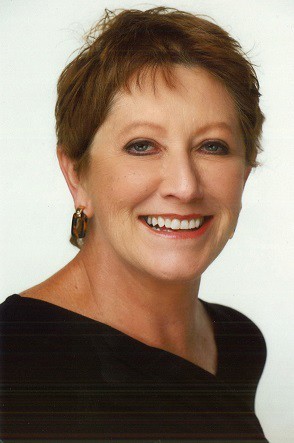 Susan Braden
Susan Braden
Judge Susan G. Braden (Ret.) was appointed to the U.S. Court of Federal Claims by President George W. Bush in 2003 and served as its Chief Judge. Since her retirement in 2019, Judge Braden has been appointed as a Public Member of the Administrative Conference of the United States and by the Secretary of the Department of Commerce to the USPTO’s Private Patent Advisory Committee. Judge Braden was also designated as the Jurist-In-Residence at the Center for Intellectual Property Protection CIP2 and one of ten U.S. Arbitrators to resolve disputes arising under the United States-Mexico-Canada Agreement. In addition, she serves on the Board of Directors of three private companies. She serves as an Arbitrator, Mediator, and Special Master for FEDARB and AAA in complex IP and commercial cases.
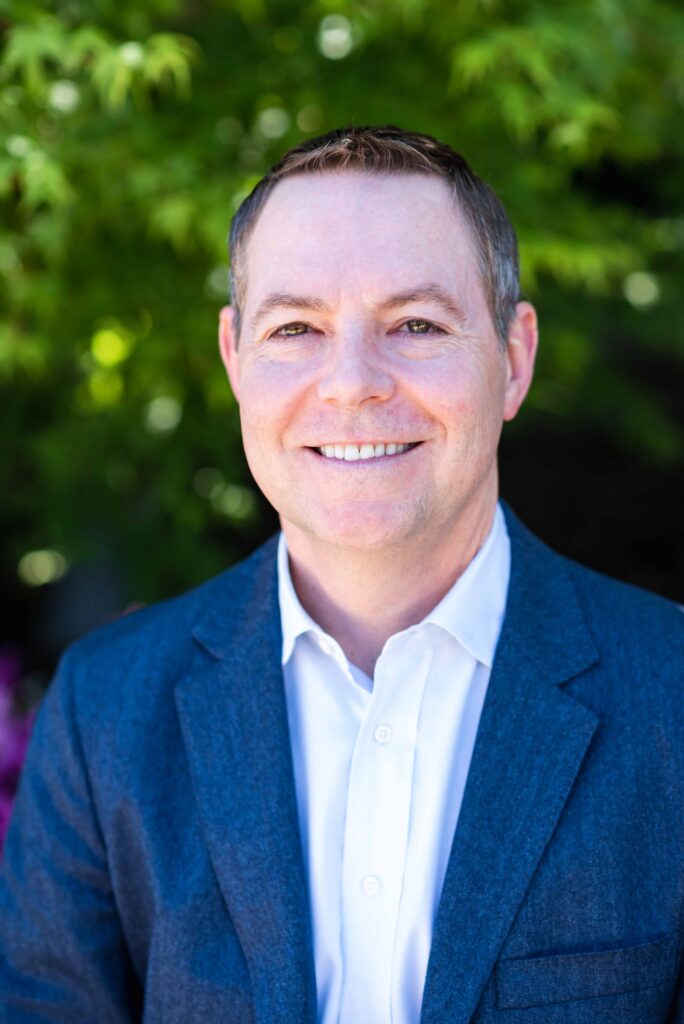 Earl “Eb” Bright
Earl “Eb” Bright
Eb Bright is President and General Counsel of ExploraMed, a venture-backed medical device incubator dedicated to developing patient-driven solutions for unmet health needs. He is a founder of several companies, a patent attorney, and has served on the executive management teams and Boards of many start-ups. Eb is the IP Policy Director of the Stanford Byers Center for Biodesign Innovation Policy Fellowship. He is a co-founder of and serves on the Alliance for U.S. Startups & Inventors for Jobs (USIJ) Advisory Committee. Eb is an inventor on fourteen U.S.-issued patents, with others currently pending. He holds M.B.A.s from Columbia University and University of California, Berkeley, and Juris Doctorate and B.S. in Mechanical Engineering degrees from the University of Oklahoma.
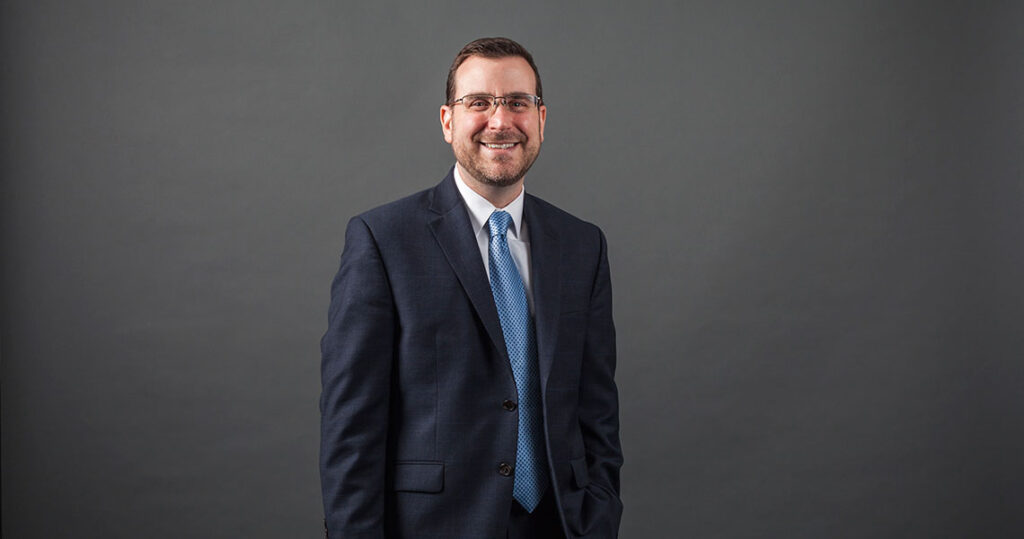 Adam Mossoff
Adam Mossoff
Adam Mossoff is a professor of law at the Antonin Scalia Law School and chair of the Forum for Intellectual Property at the Hudson Institute. His research in intellectual property and patent law has been cited by the U.S. Supreme Court, the Court of Appeals for the Federal Circuit, and countless federal agencies. Adam holds B.A. and M.A. degrees from the University of Michigan and Columbia University, respectively, and a J.D. with honors from the University of Chicago Law School.
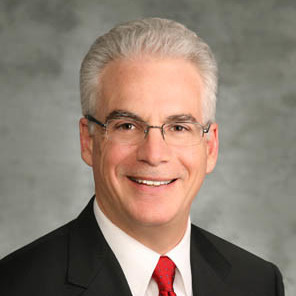 Brian O’Shaughnessy
Brian O’Shaughnessy
Brian O’Shaughnessy is chair of the IP Transactions and Licensing Group at Dinsmore, a national, full service law firm with one of the nation’s most prolific IP groups, and Board Chair of the Bayh-Dole Coalition. A past president of the Licensing Executives Society of USA and Canada, he continues to serve LES as senior vice president for public policy. Brian earned B.S. and M.S. degrees from the Department of Chemistry, Rochester Institute of Technology, and a J.D. from Syracuse University, College of Law.
Background Reading
West Virginia et al. v. Environmental Protection Agency et al., 136 S. Ct. 1000 (2016).
Judge Susan G. Braden & Joshua A. Kresh, “Section 1498(A) is Not a Rx to Reduce Drug Prices,” Food and Drug Law Journal, Volume 77, Number 3, 274-297, (2022).
Statement of Interest of the United States, Arbutus Biopharma Corp. v. Moderna, Inc. (No. 22-252), filed February 14, 2023.
Bayh-Dole Coalition Letter on Statement of Interest of the United States, Arbutus Biopharma Corp. v. Moderna, Inc. (No. 22-252), submitted March 2, 2023.
Adam Mossoff, et al., Amici Curiae Brief, Arbutus Biopharma Corp. v. Moderna, Inc. (No. 22-252), filed March 7, 2023.
“Ex-Judges Worried About Where COVID Vax IP Row Will Go,” Law360, March 3, 2023.
“Venue Could Be Worth Billions in Covid Vaccine Royalty Clash,” Bloomberg Law, March 3, 2023.
Memorandum Opinion, Arbutus Biopharma Corp. v. Moderna, Inc. (No. 22-252), March 10, 2023.
“Biden’s DOJ is quietly trying to orchestrate taxpayer-funded bailout of Moderna,” Fox News, March 22, 2023.
Adam Mossoff, The False Promise of Breaking Patents to Lower Drug Prices, St. John’s Law Review (forthcoming 2023).